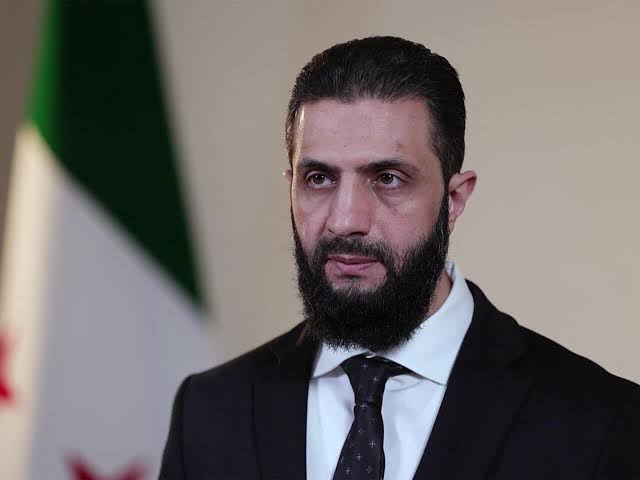
French President Emmanuel Macron is scheduled to host Syrian leader Ahmed al-Sharaa on Wednesday, May 7, marking the former Islamist rebel’s first European visit, according to the French presidency. Macron intends to “reiterate France’s support for the construction of a new Syria, a free, stable, sovereign Syria that respects all components of Syrian society”. The presidency emphasized that this meeting reflects France’s long-standing commitment to the Syrian people’s aspirations for peace and democracy.
During the meeting, Macron will stress his demands on the Syrian government, particularly the stabilization of the region, including Lebanon, and the fight against terrorism. Macron initially extended an invitation to Syria’s new interim leader in February, following the overthrow of Bashar al-Assad by Islamist-led forces late last year.
In March, Macron reiterated the invitation, contingent upon the formation of an inclusive Syrian government representing “all components of civil society,” describing his initial negotiations with the interim leaders as “positive”.
Syria’s new Islamist authorities, with roots in the Al-Qaeda jihadist network, have pledged inclusive governance in the multi-confessional, multi-ethnic country. They have repeatedly vowed to protect all religious groups and include all of Syrian society in the transition, with many countries indicating they will monitor the new authorities’ conduct before fully lifting sanctions.
However, sectarian clashes in March, resulting in over 1,700 deaths, primarily Alawites, in coastal areas, have drawn widespread condemnation. Recent clashes involving Druze fighters, along with reports of abuses from NGOs, have also raised doubts about the interim government’s ability to control extremists within its ranks.
Read more: French Right’s Silence: Why Now?
Since Assad’s overthrow, Israel has launched numerous strikes on Syria, including one near the presidential palace in Damascus on Friday. Israel has stated its readiness to protect the Druze minority and that the strike near the presidential palace was intended to send a “clear message” to Syria’s new rulers. The interim government has described the strike as a “dangerous escalation,” while the United Nations has urged Israel to halt its attacks on Syria “at once”.



